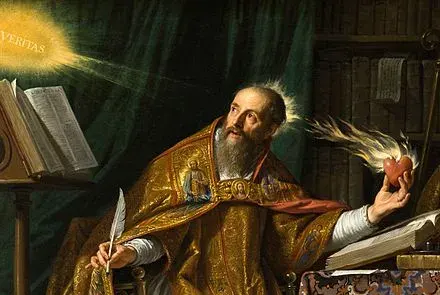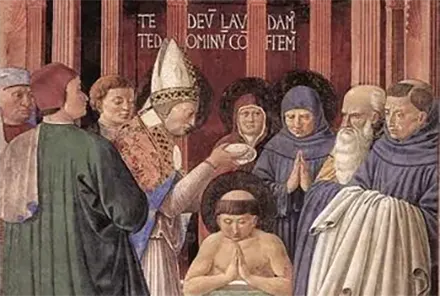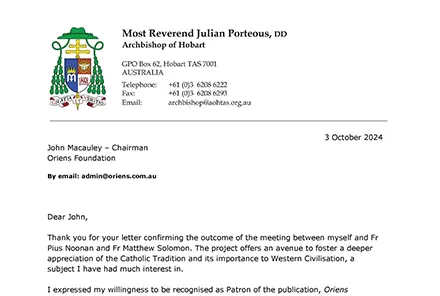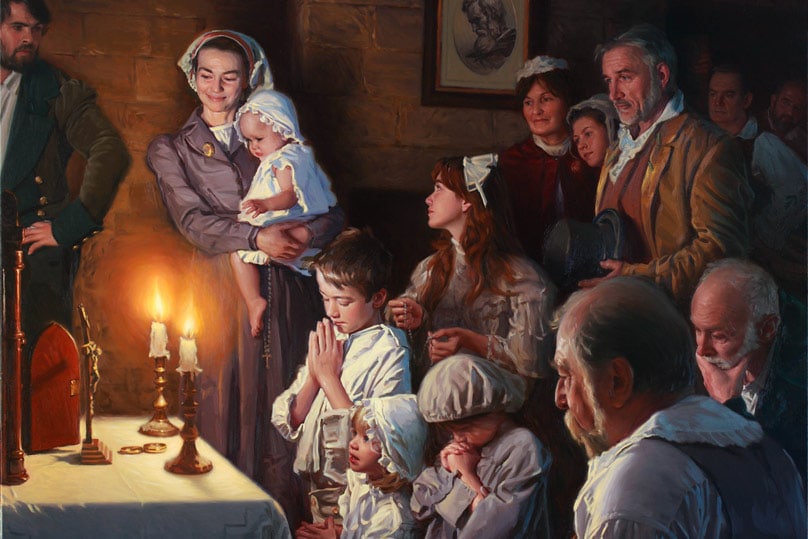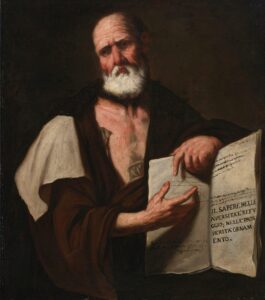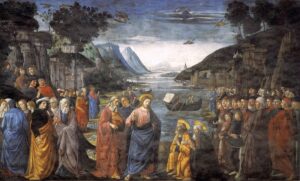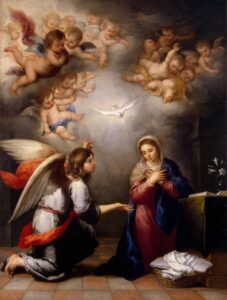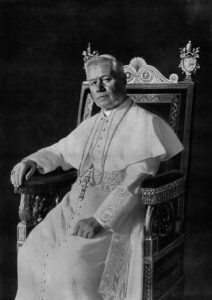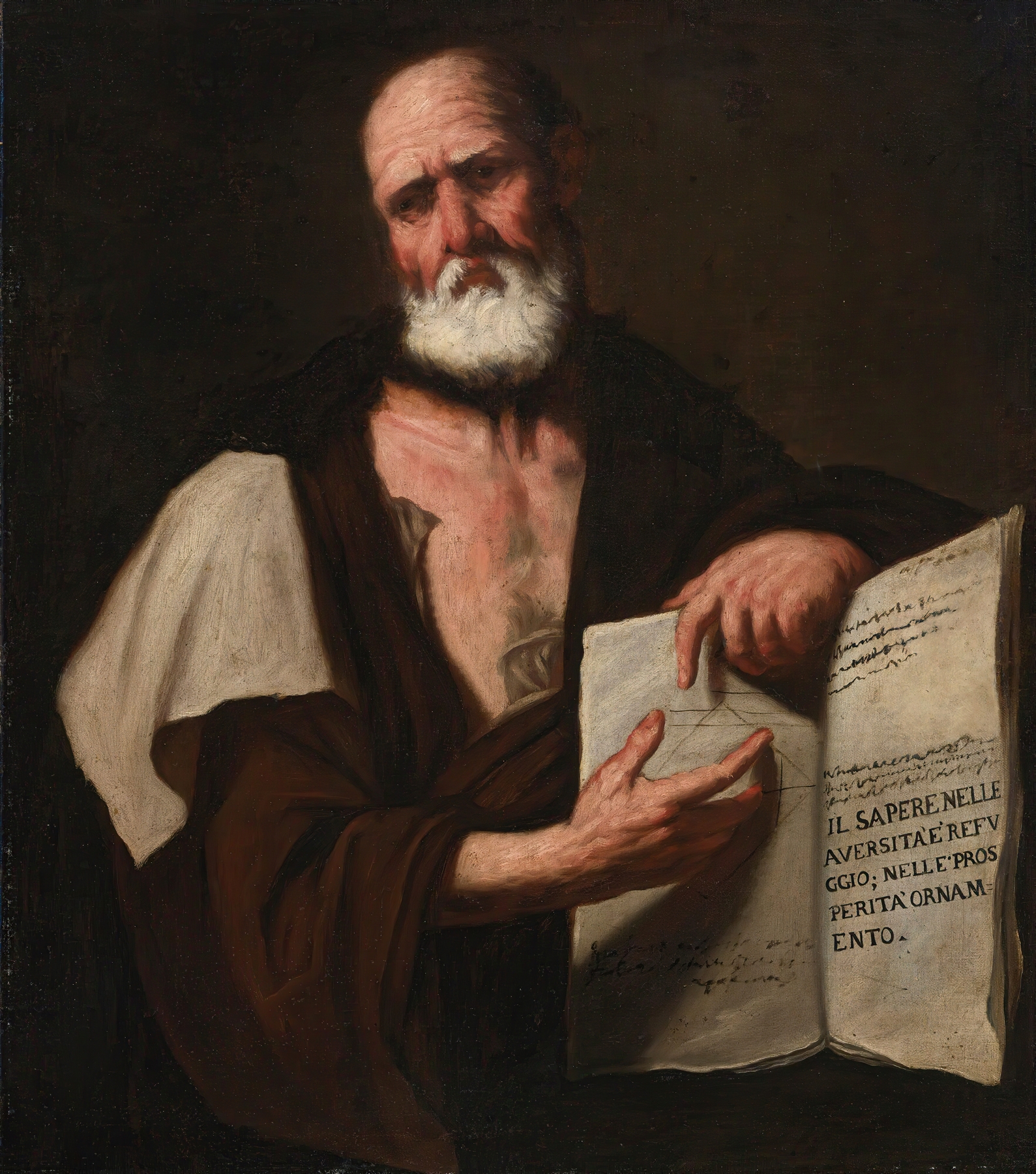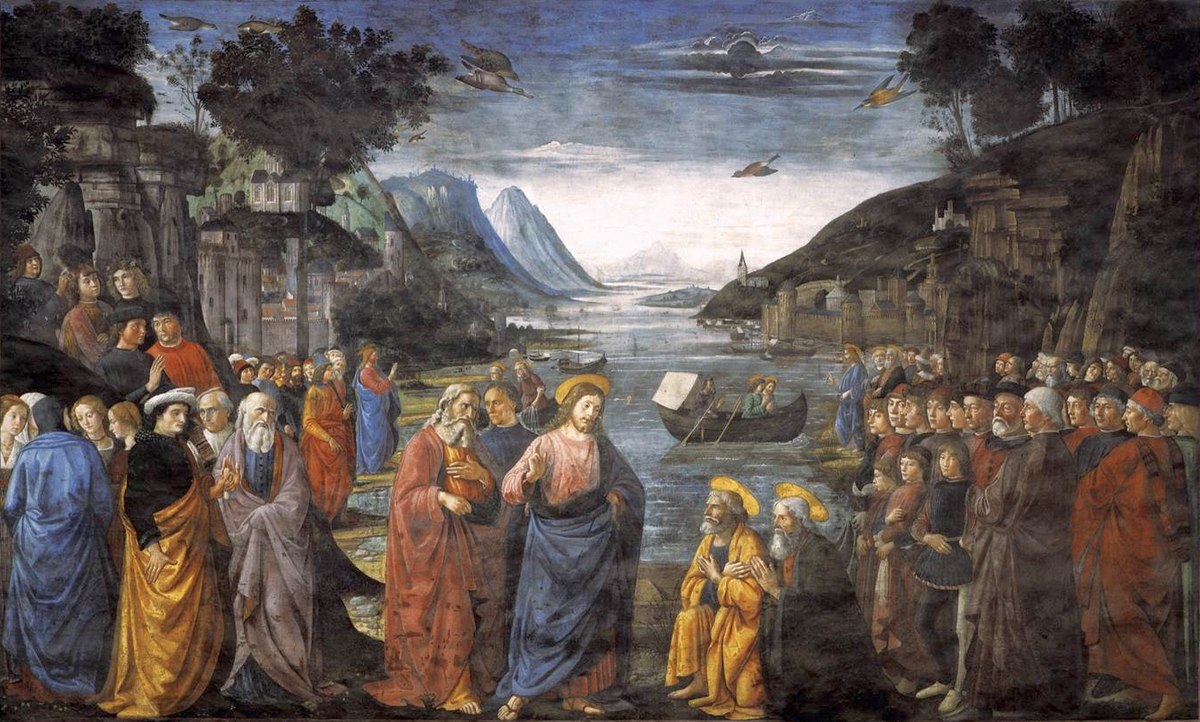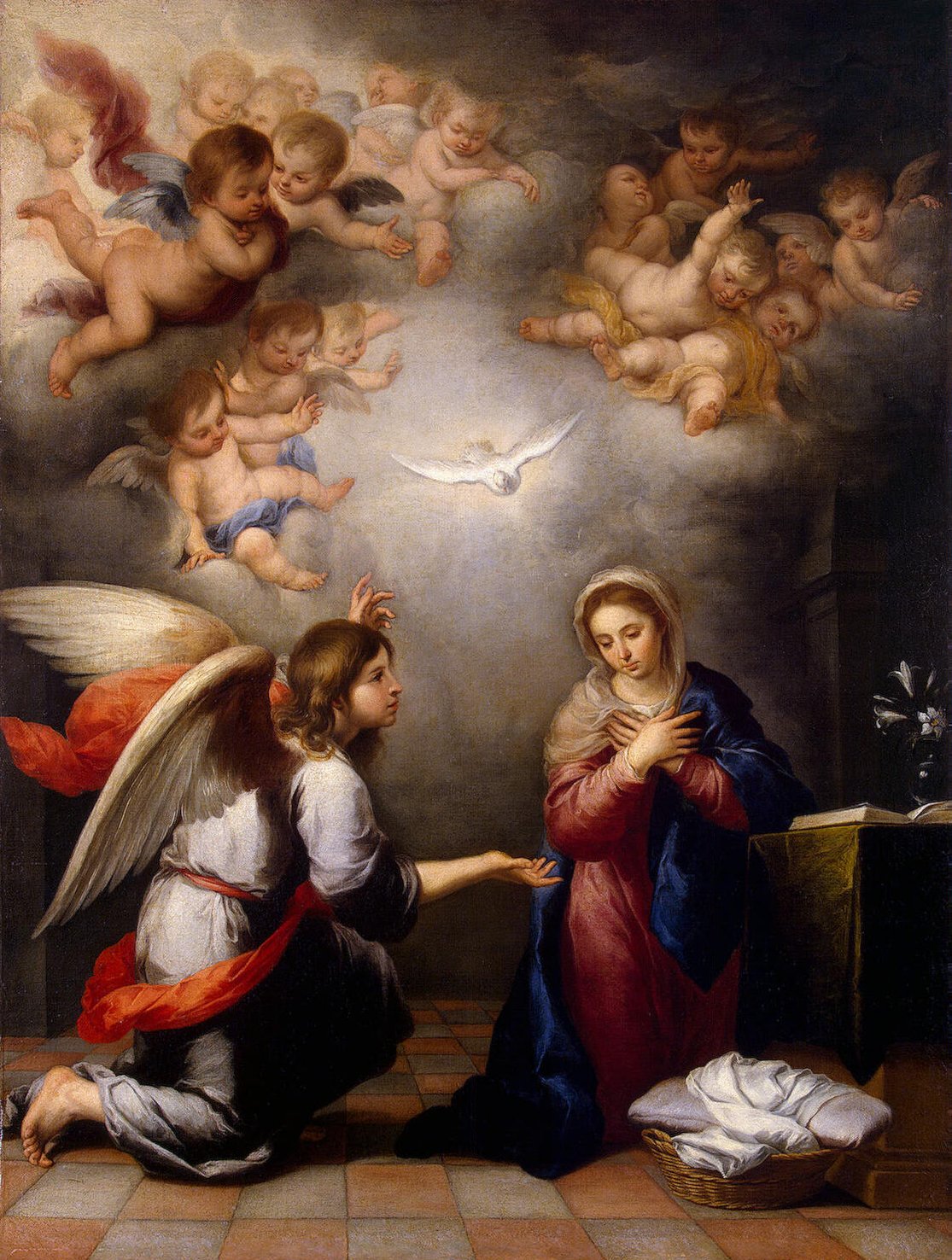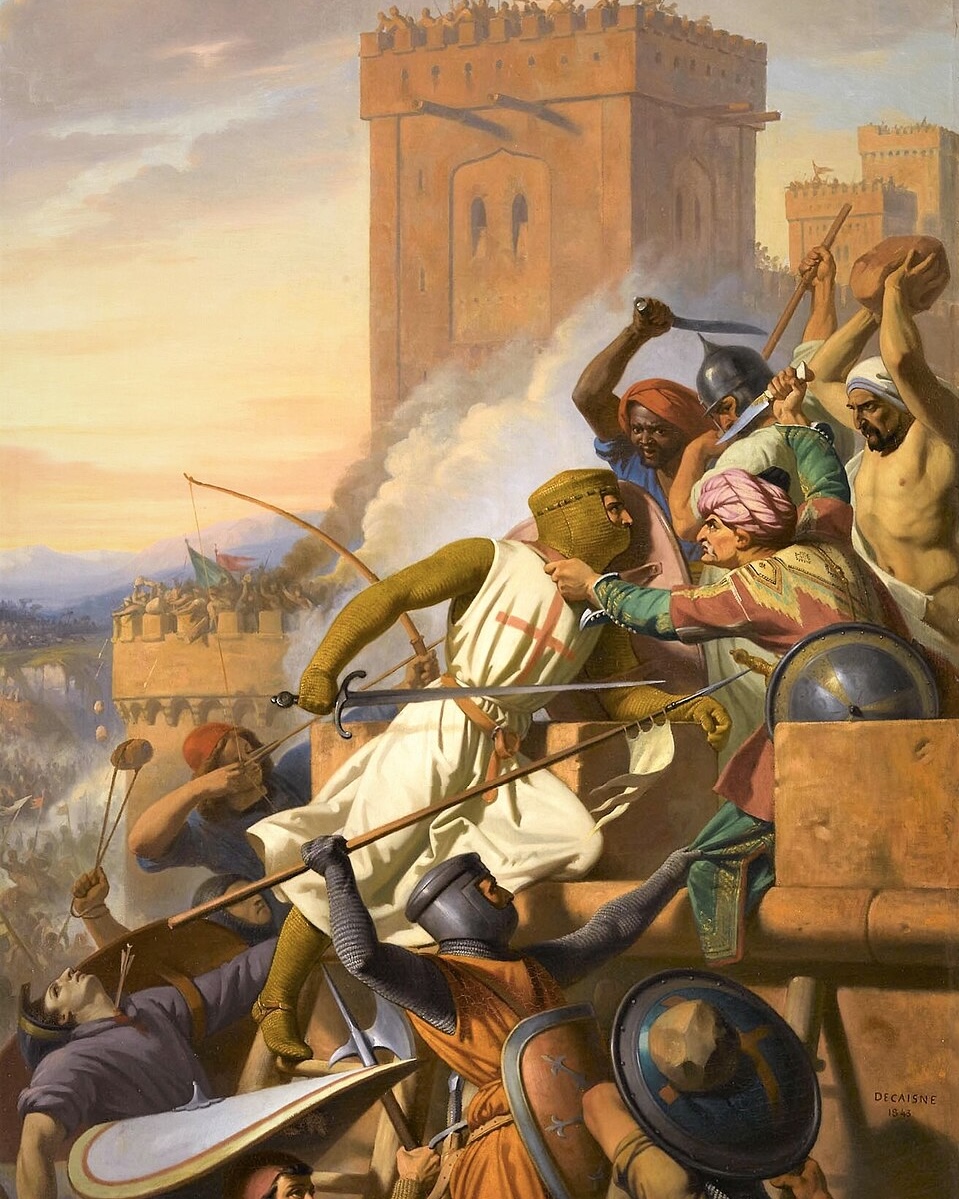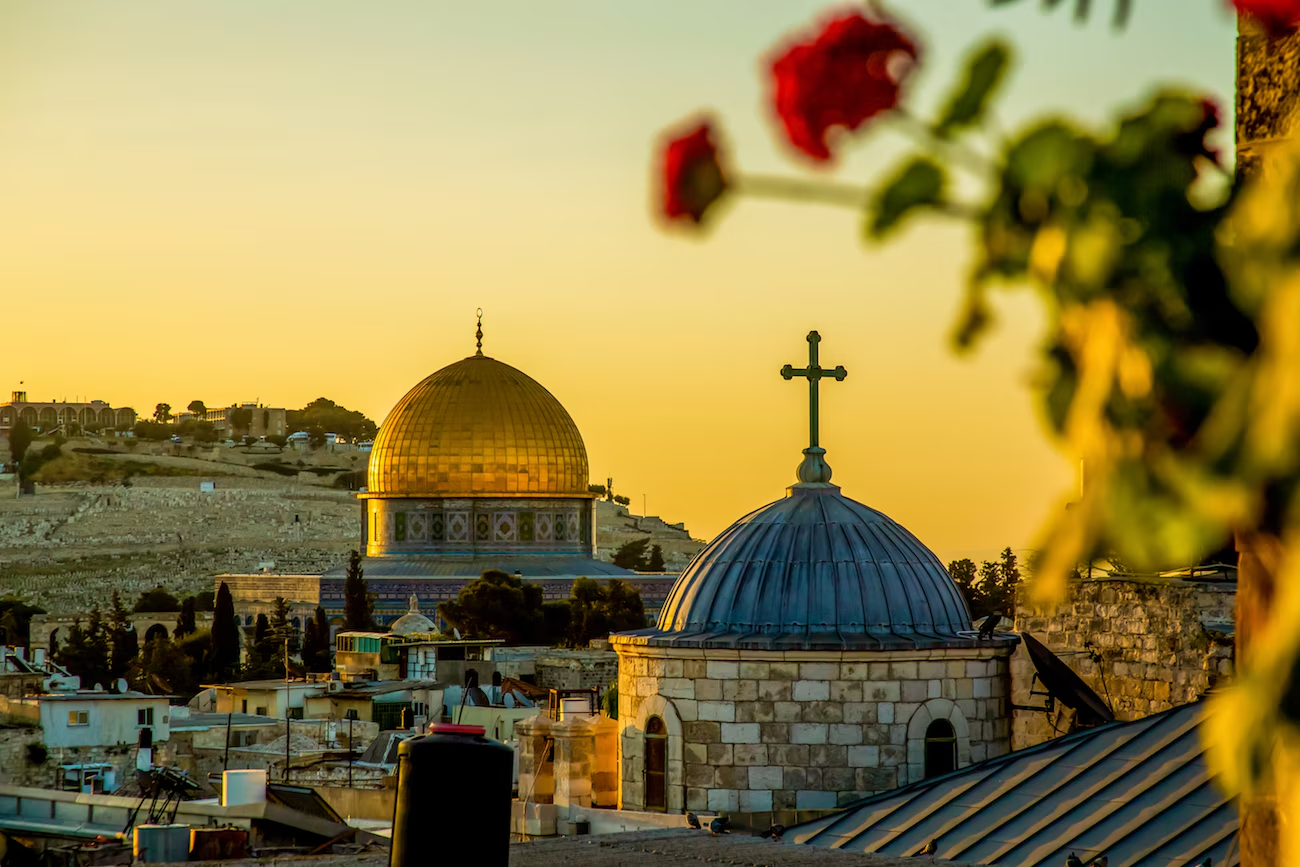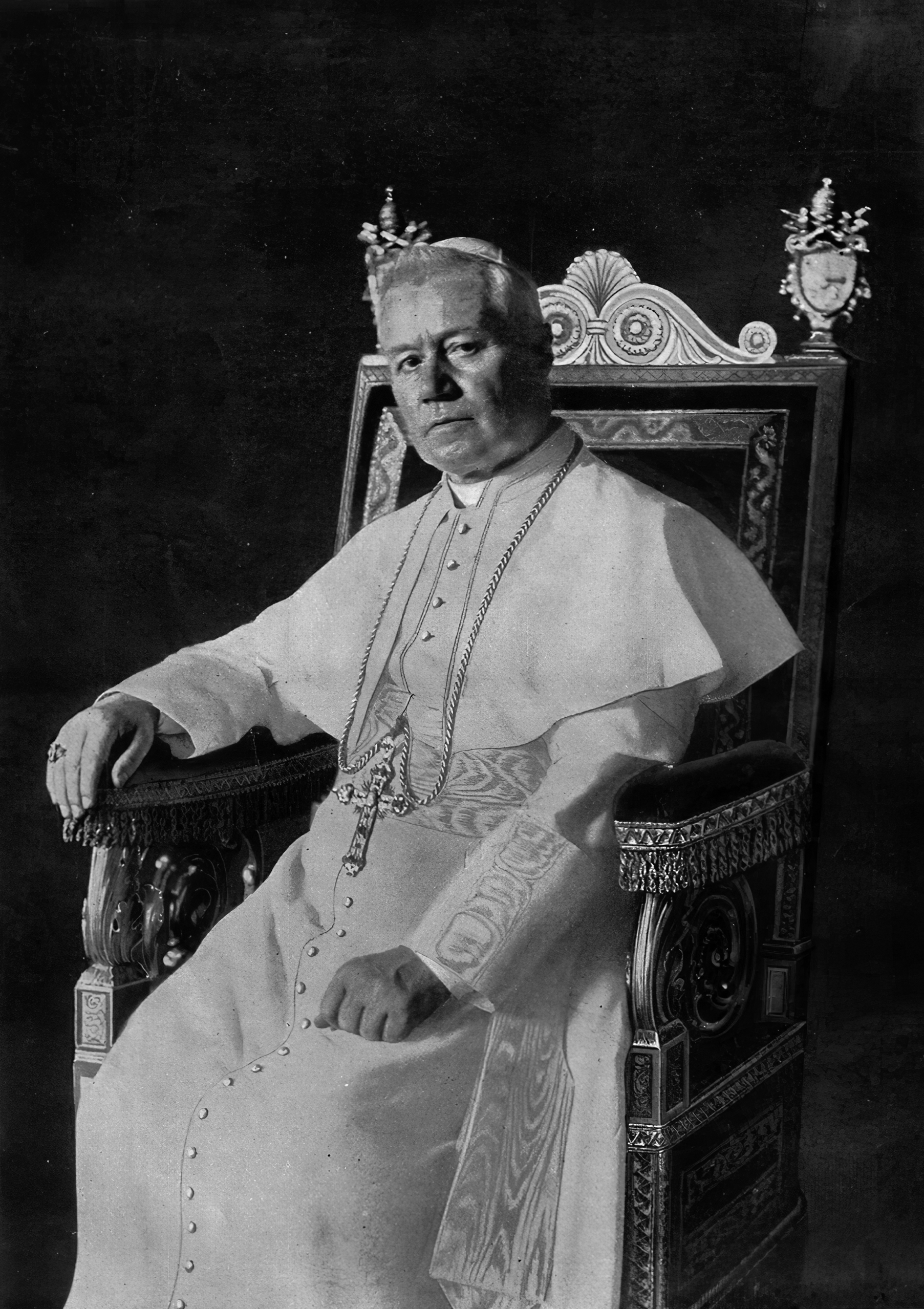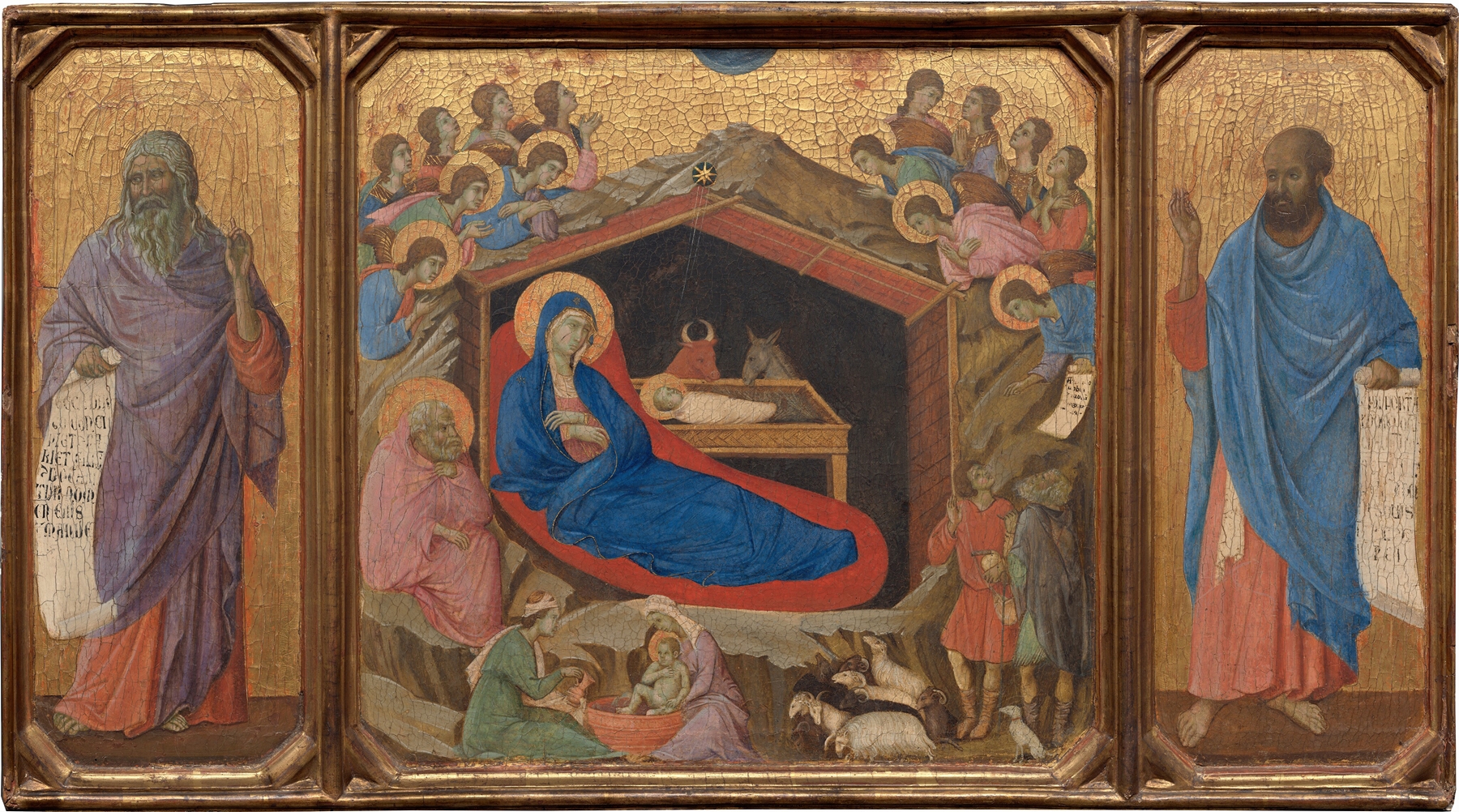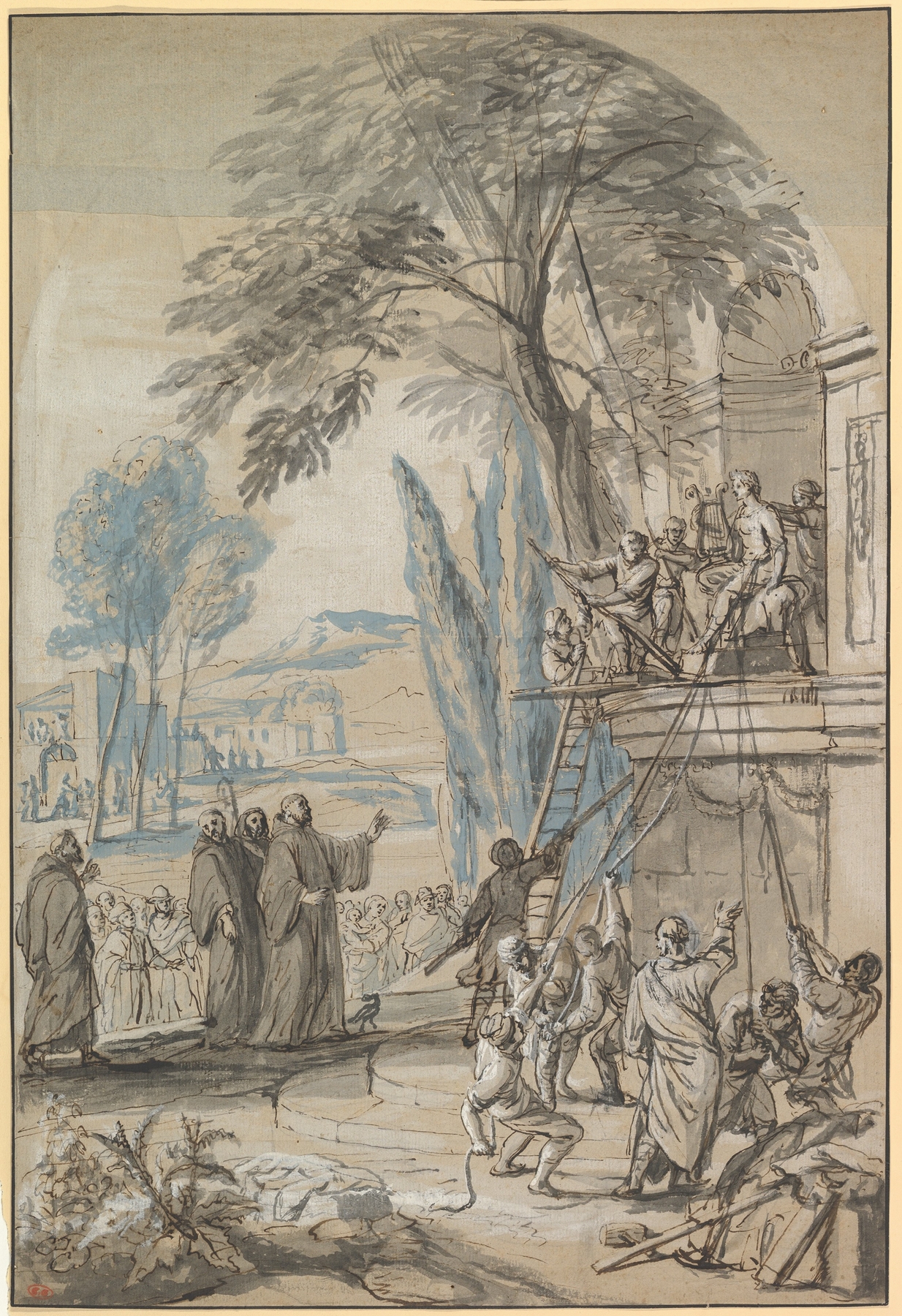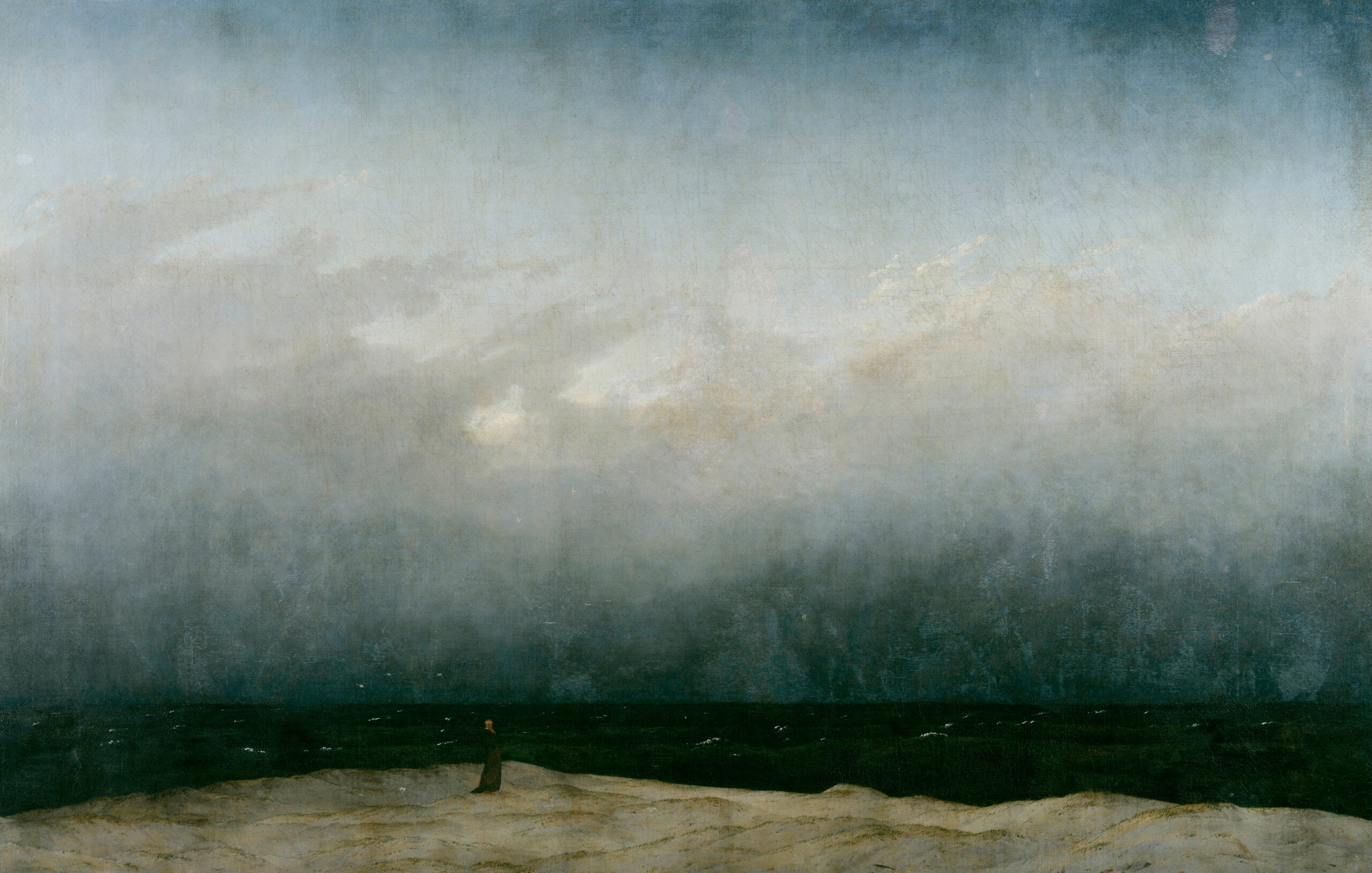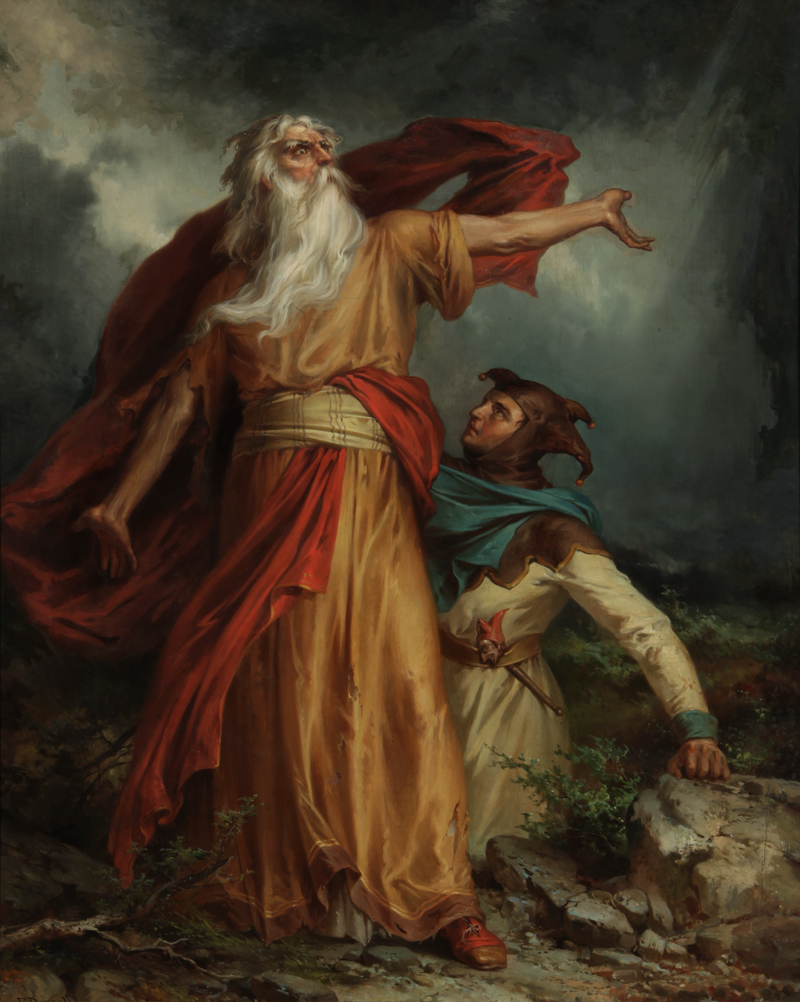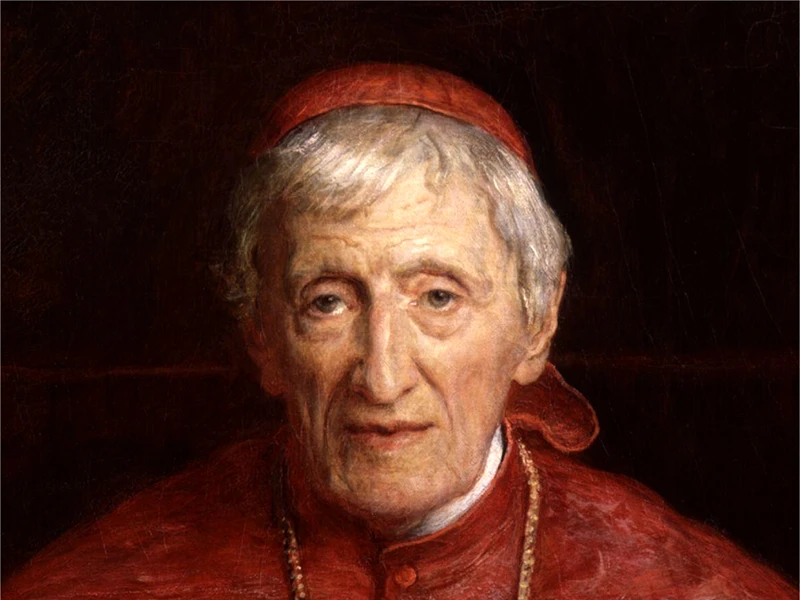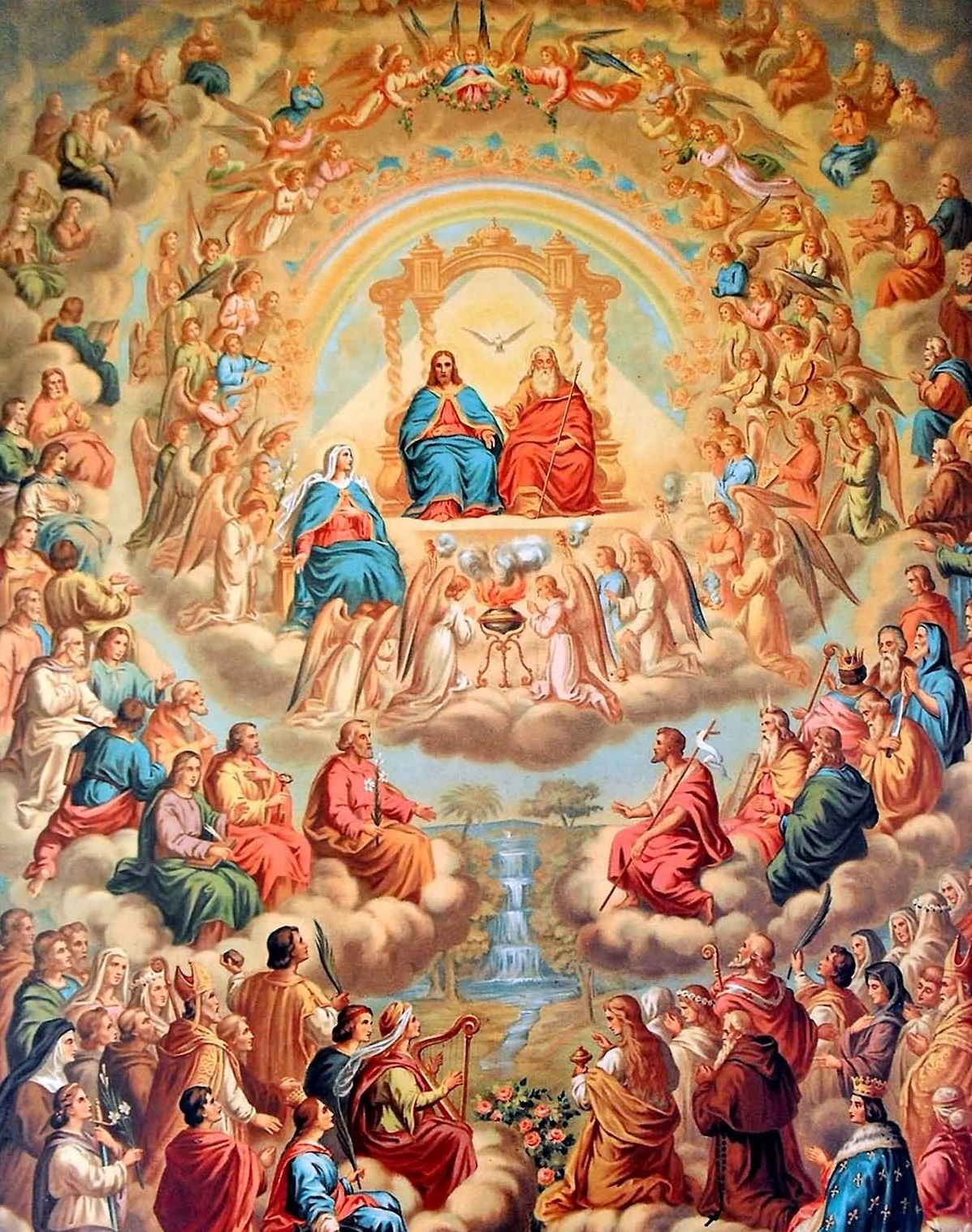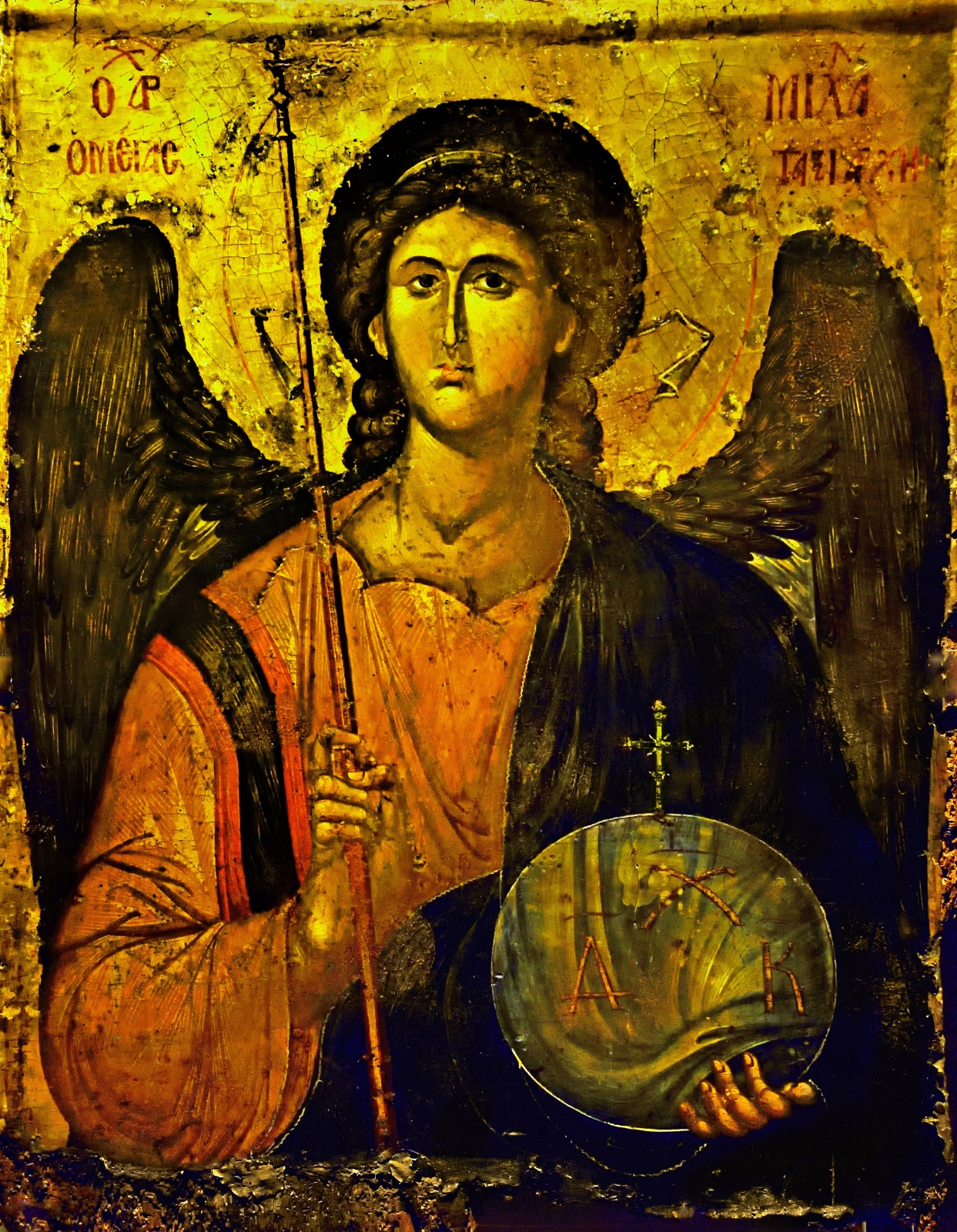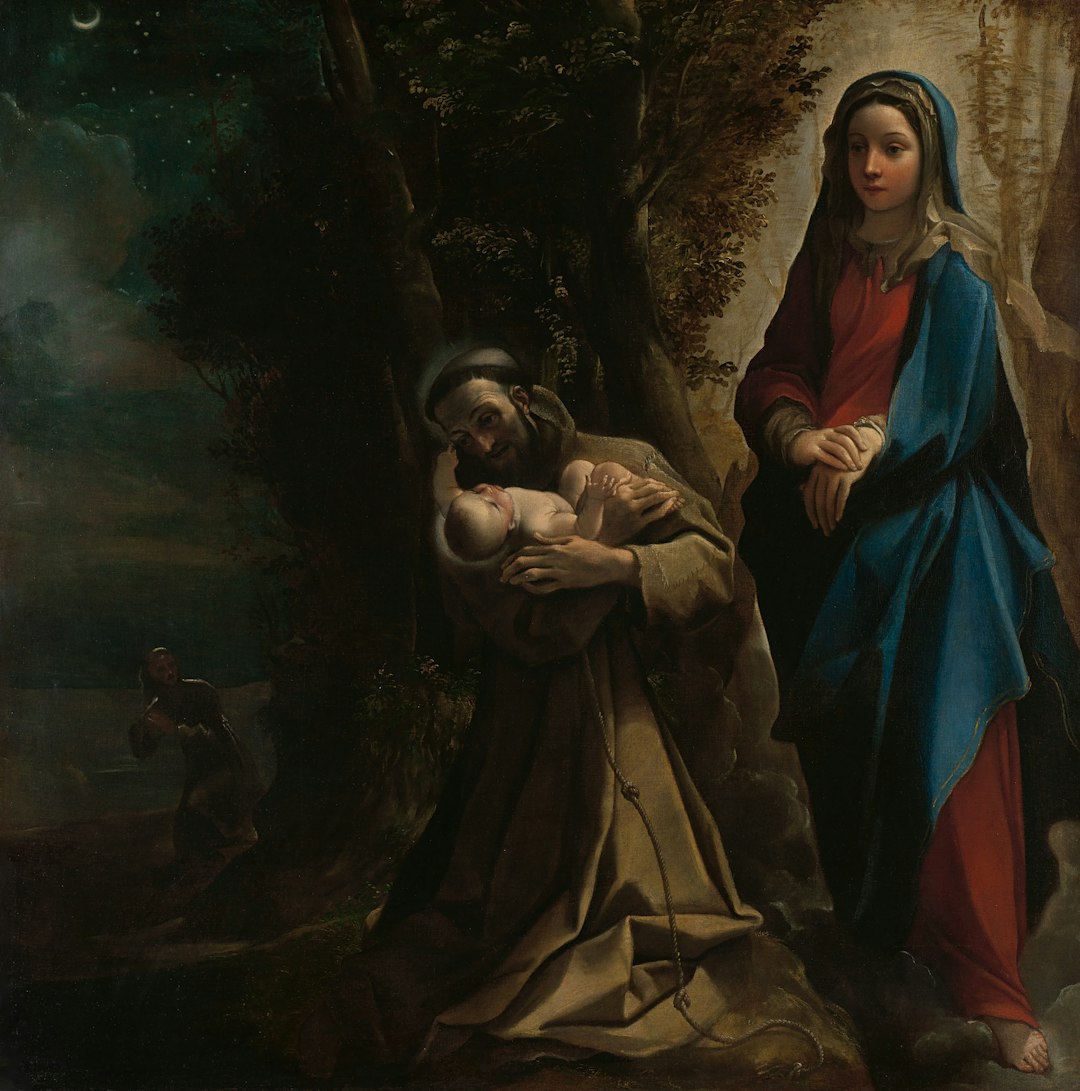- 28 November 2024
- ORIENS JOURNAL
Most Recent
Subscribers Only
The Truth and Beauty (2022)
12 March 2025
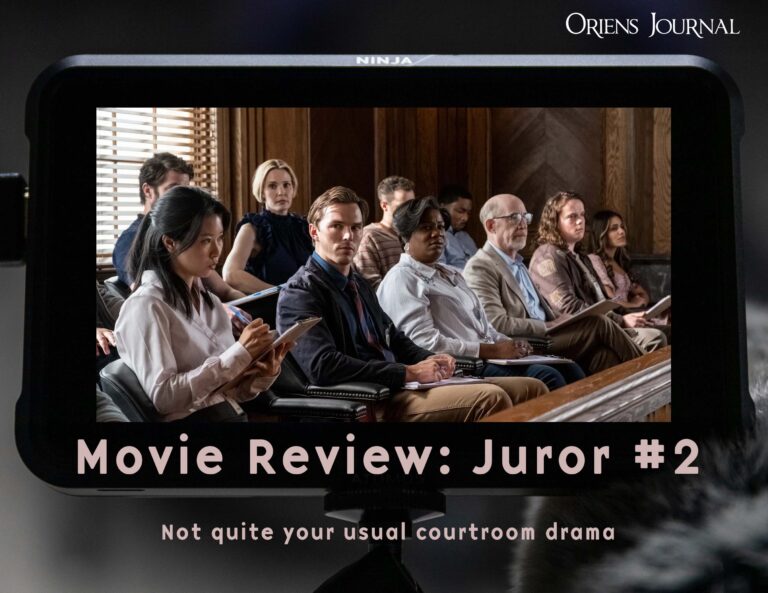
Juror #2 (2024)
30 July 2025

Landman: Season 1 (2024)
24 September 2025
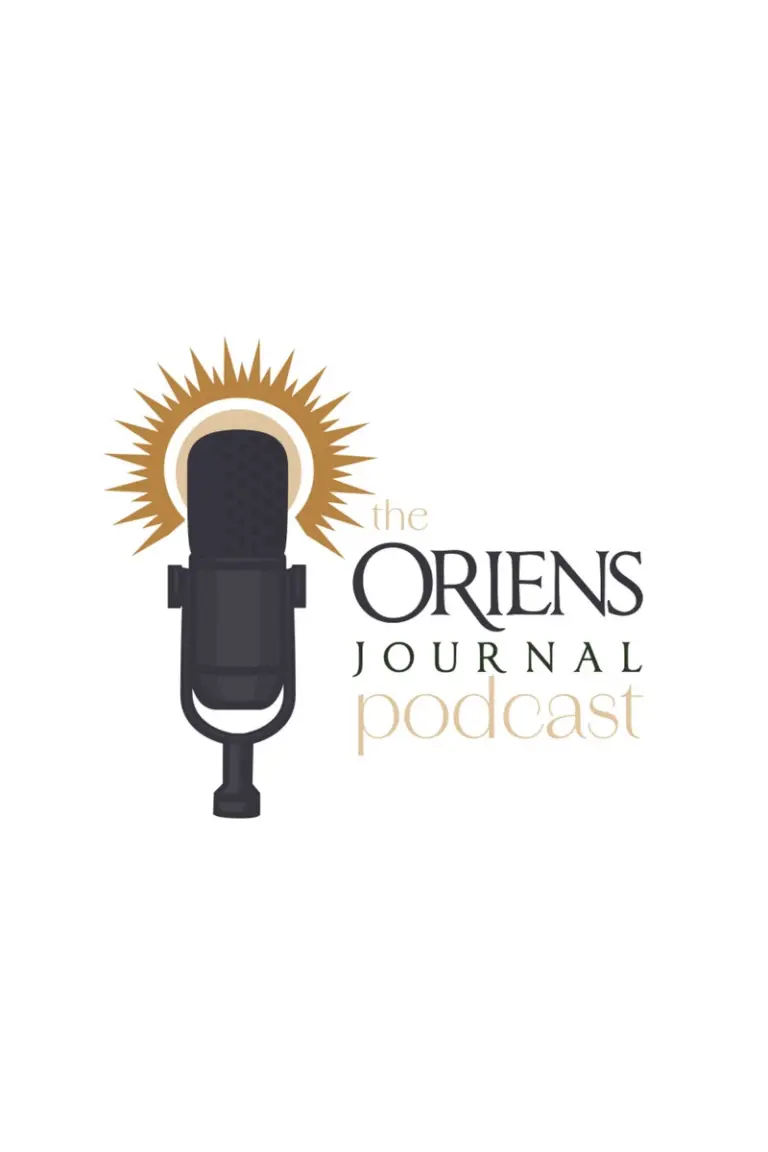
Oriens Journal Podcast
8 March 2025
Subscribe to access thoughtful and faith-aligned reviews of books, films, television programs, and podcasts — all carefully curated to inspire, inform, and uplift. This exclusive content is available only to our subscribers.
Join us today and deepen your engagement with media.
Editor
Fr Pius Noonan
Father Matthew Solomon
Father Peter Joseph
St. John Henry Newman, canonised in 2019, remains one of the most admired and studied intellectual thinkers of the 19th Century. His major work, An Essay on the Development of Christian Doctrine, remains one of the most influential works in recent history. In this essay we explore why that is, and why you should read.

